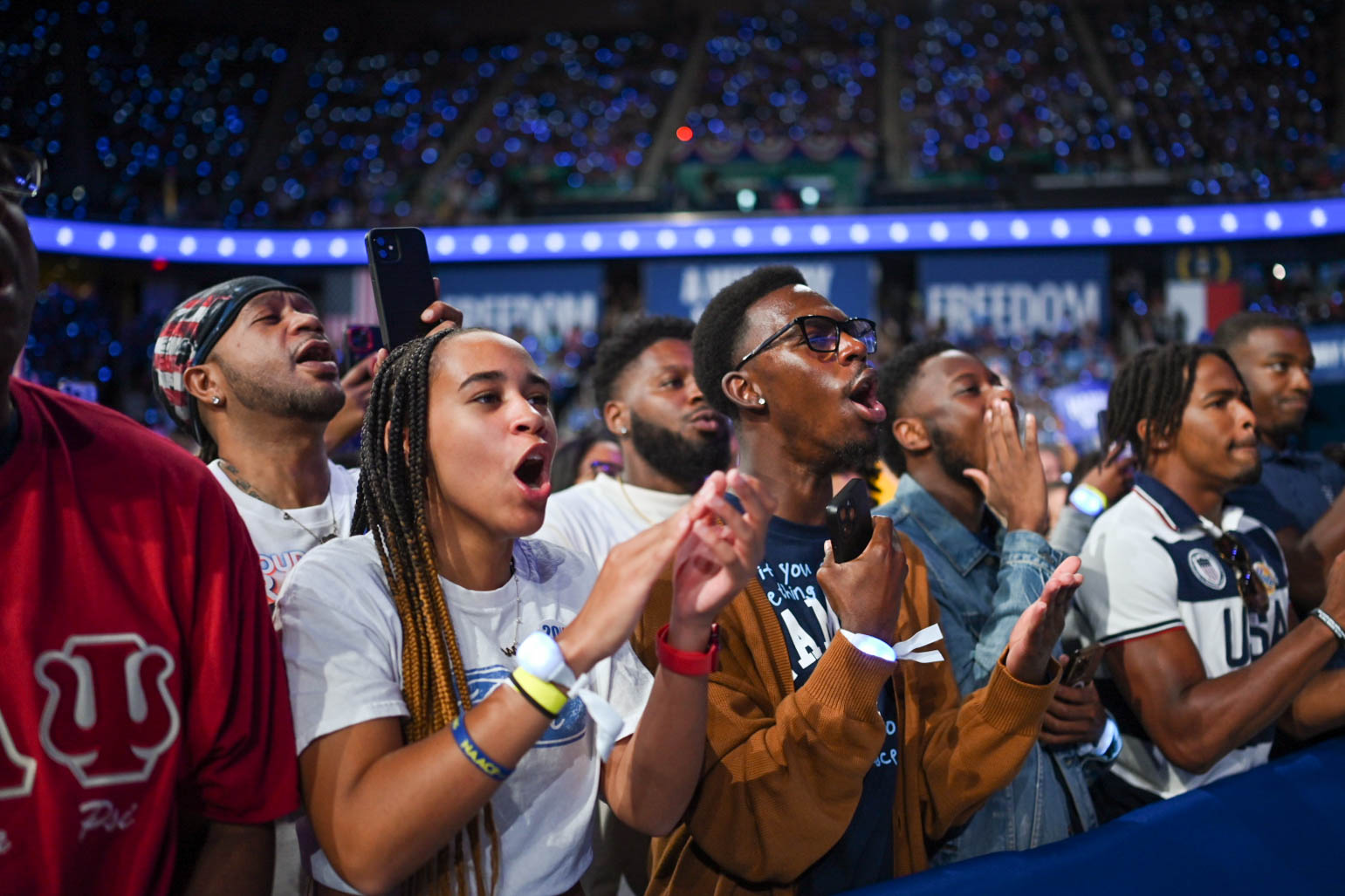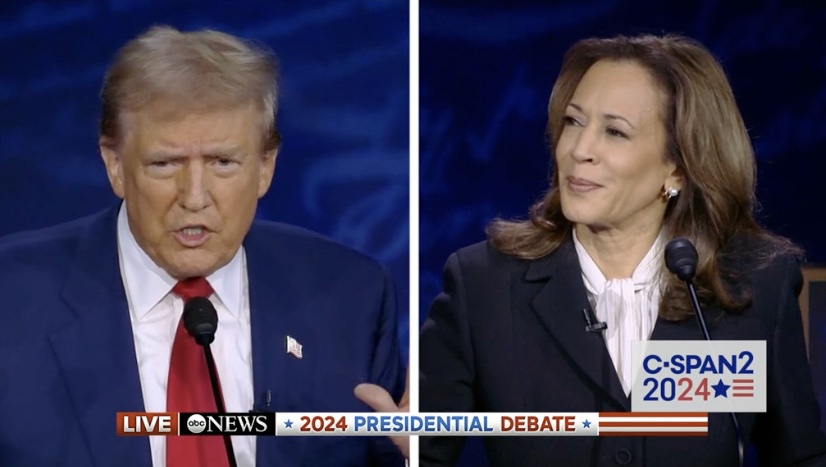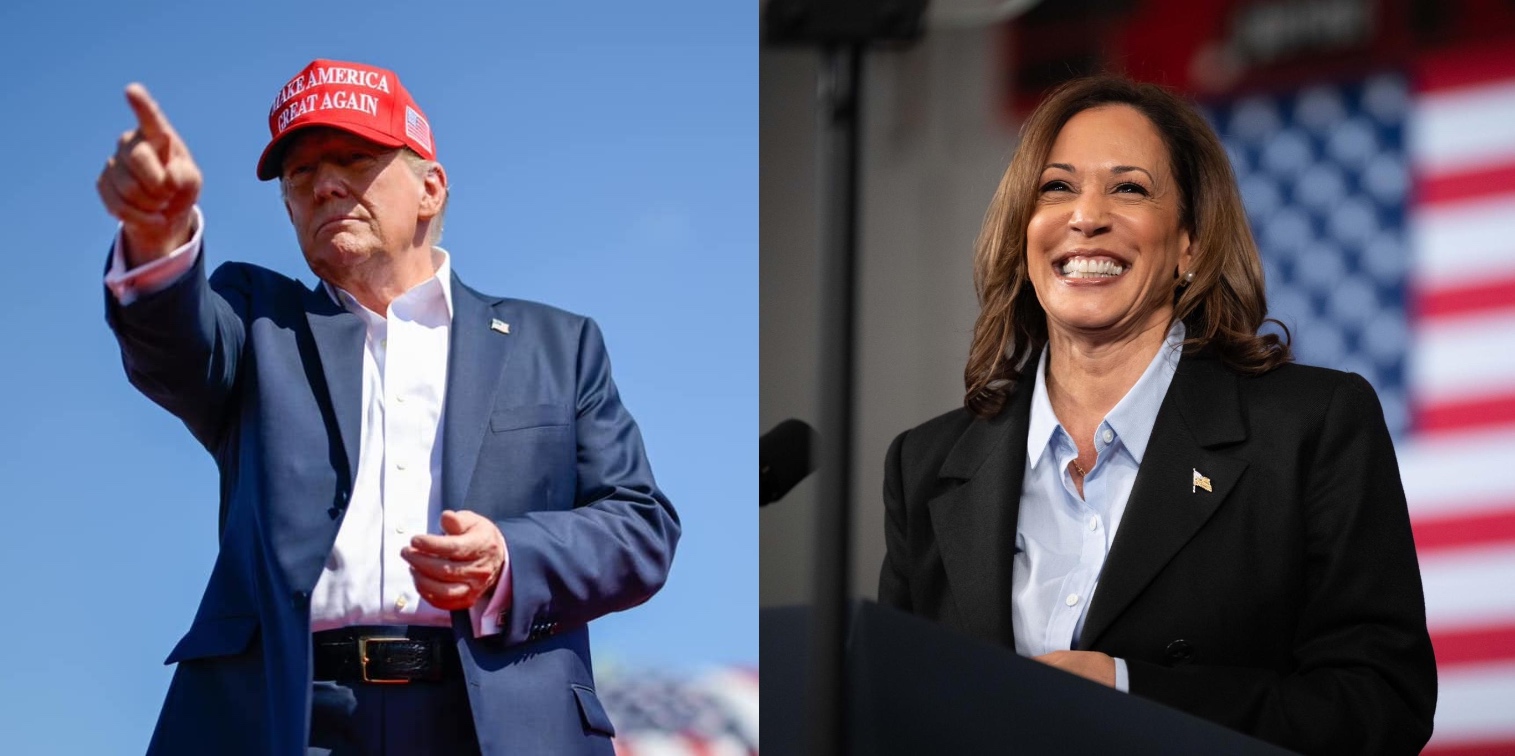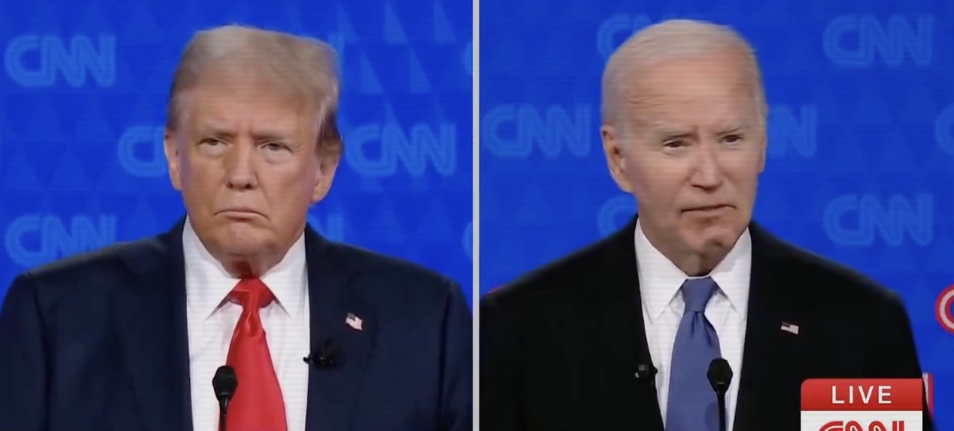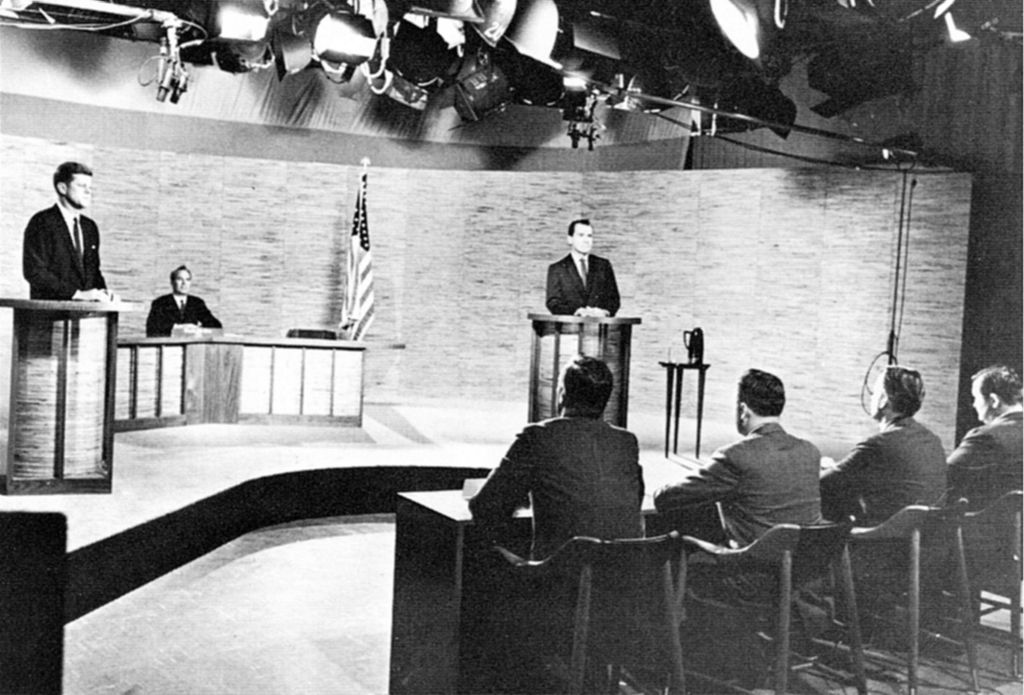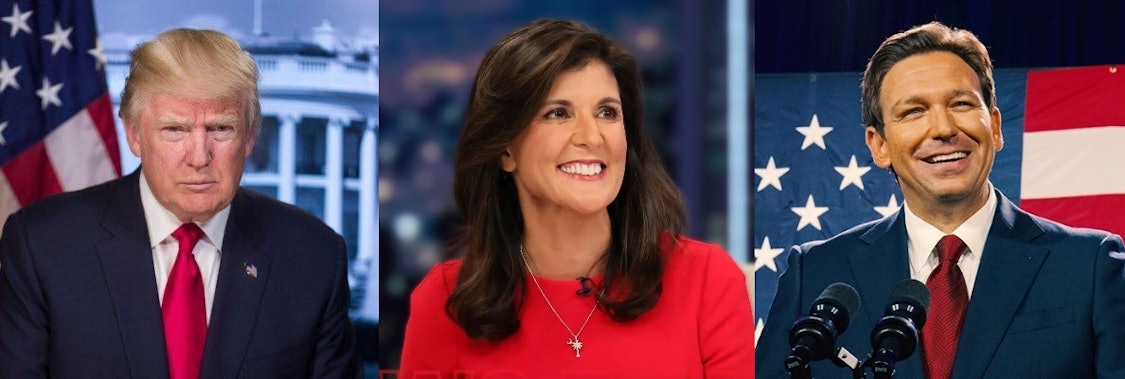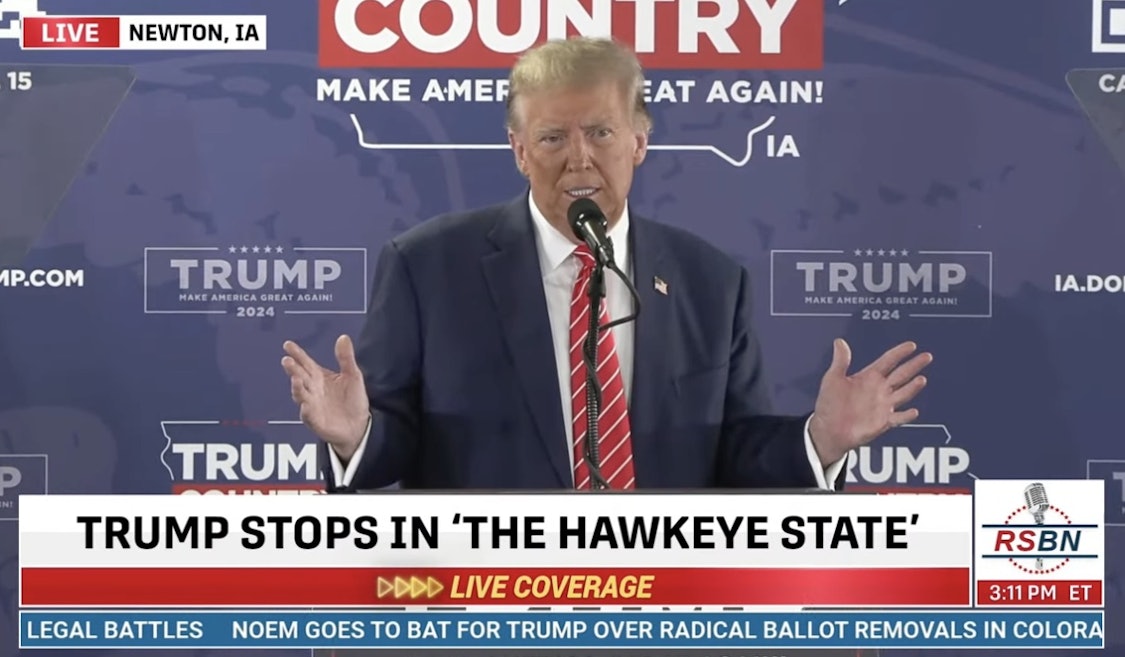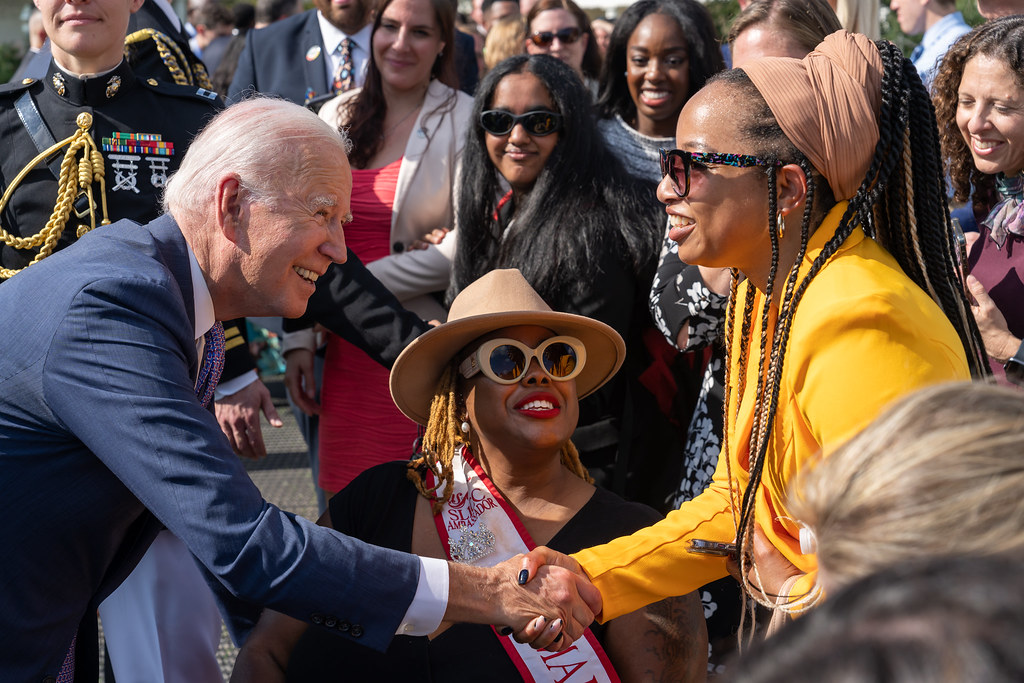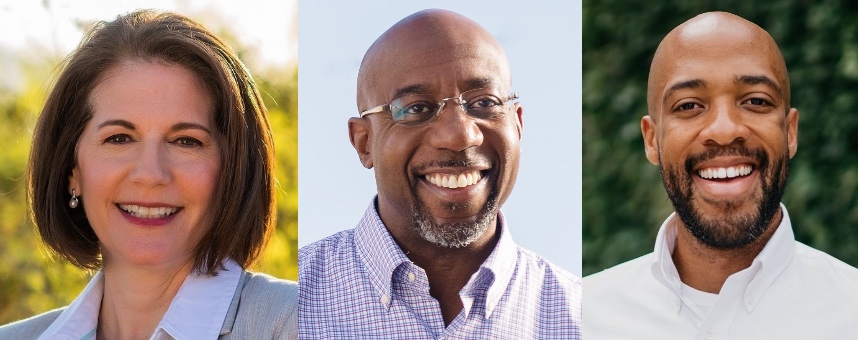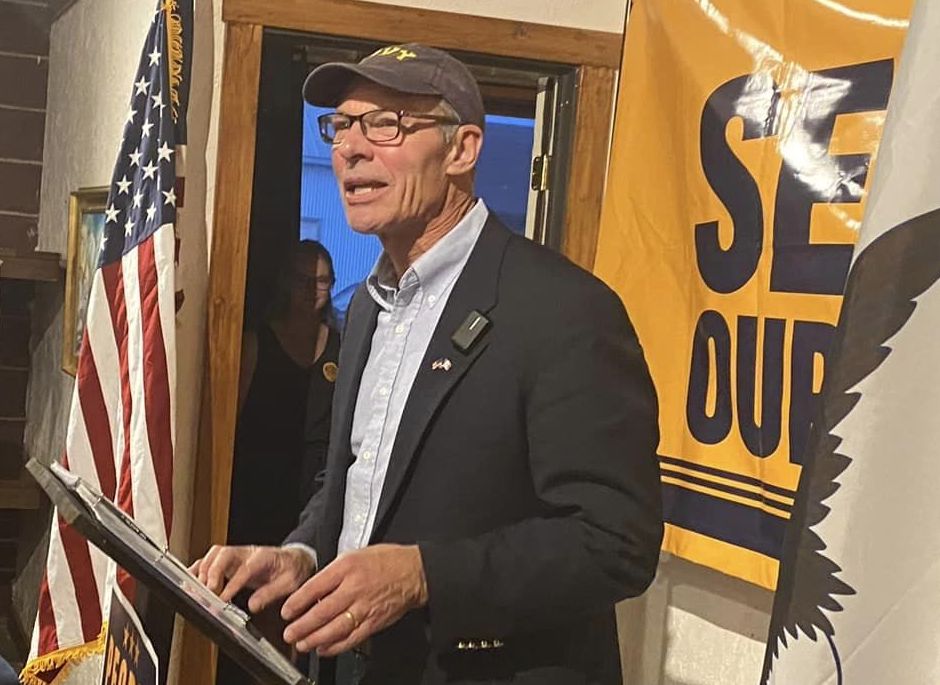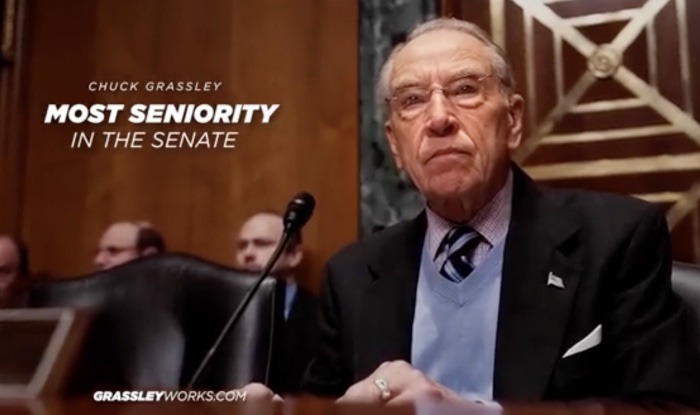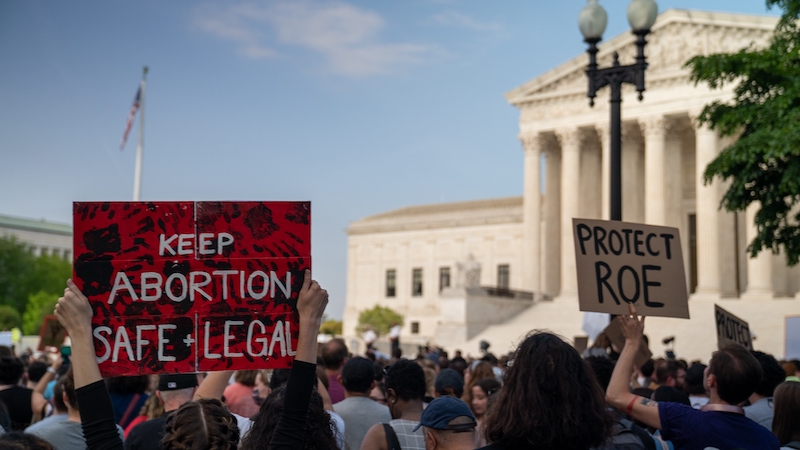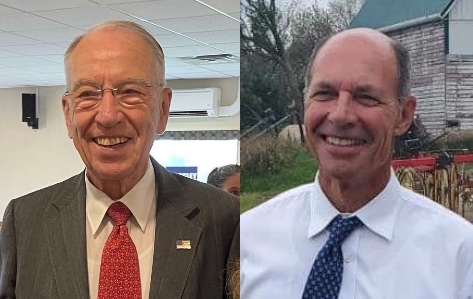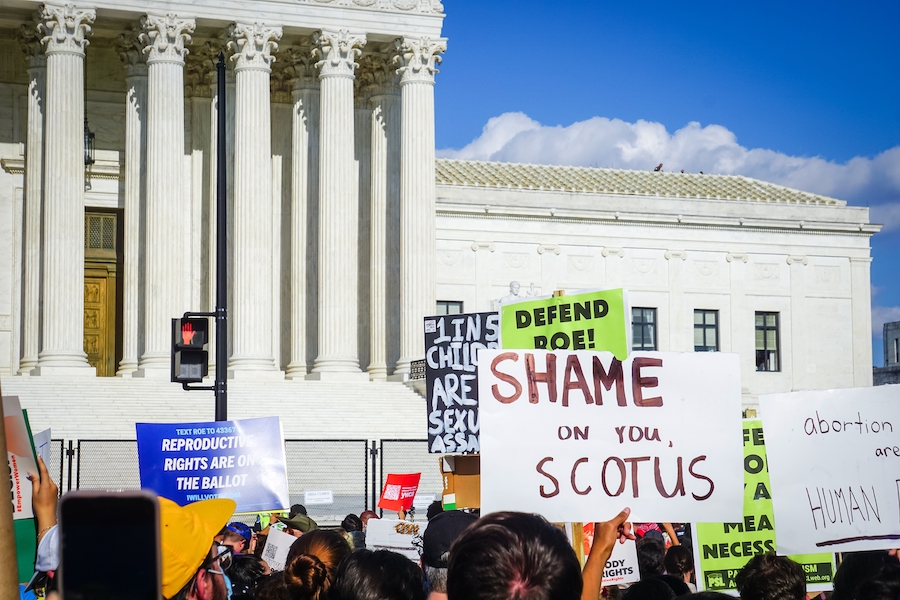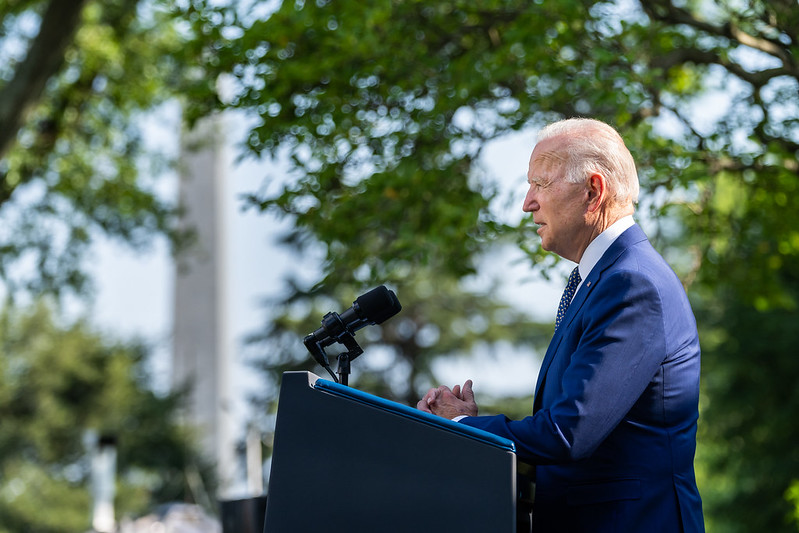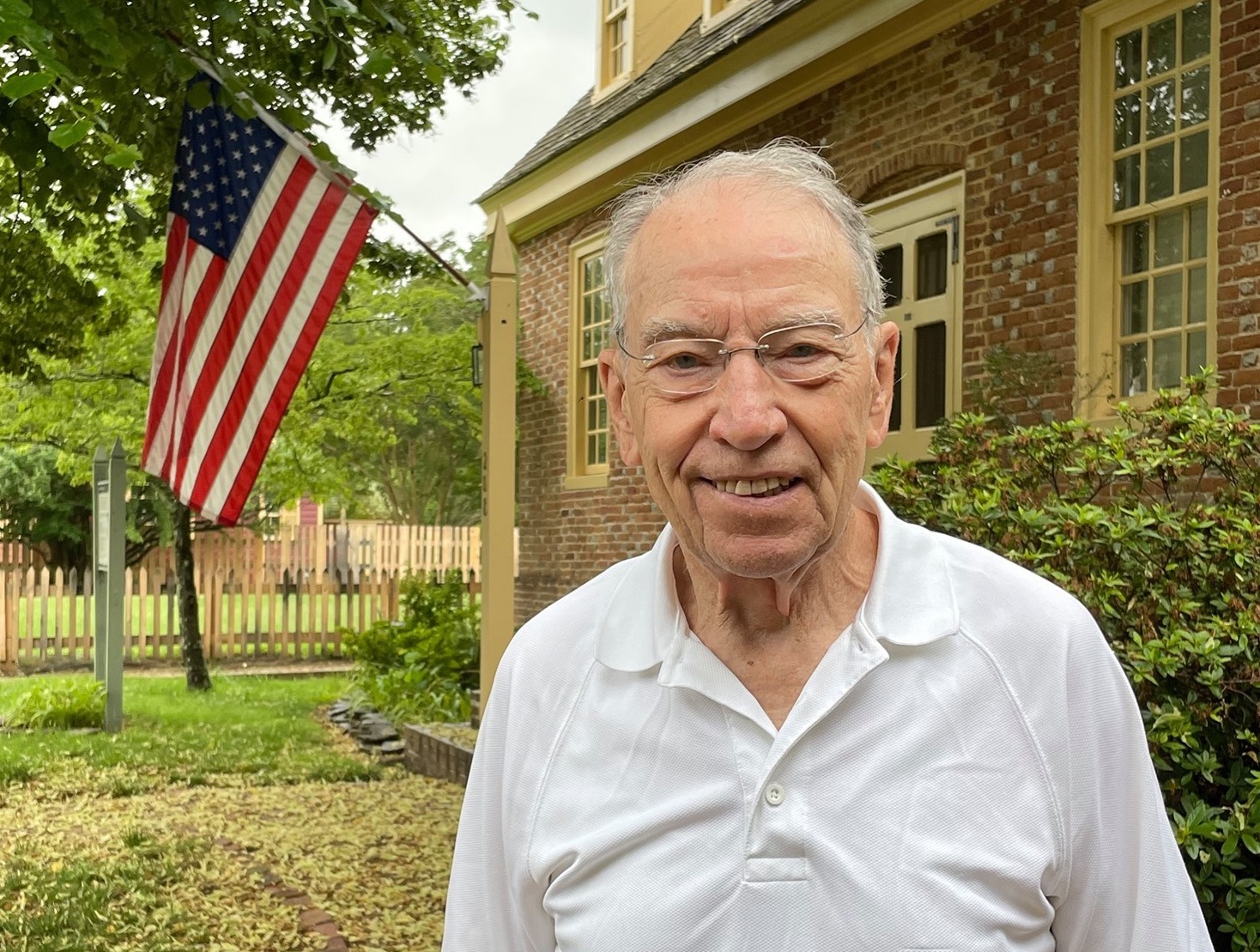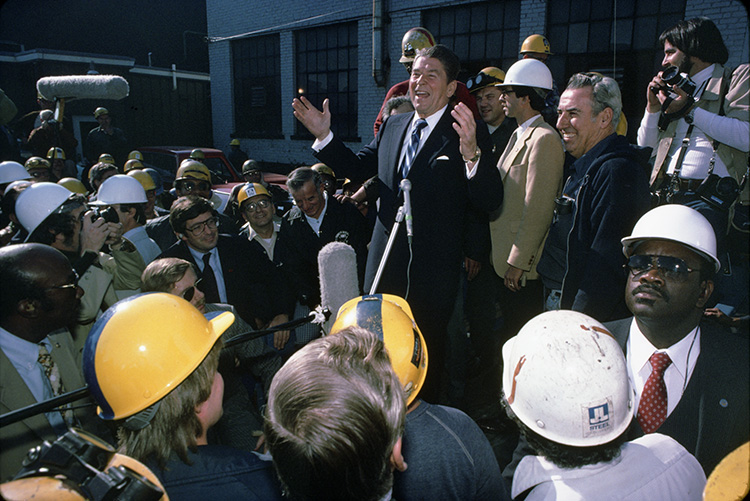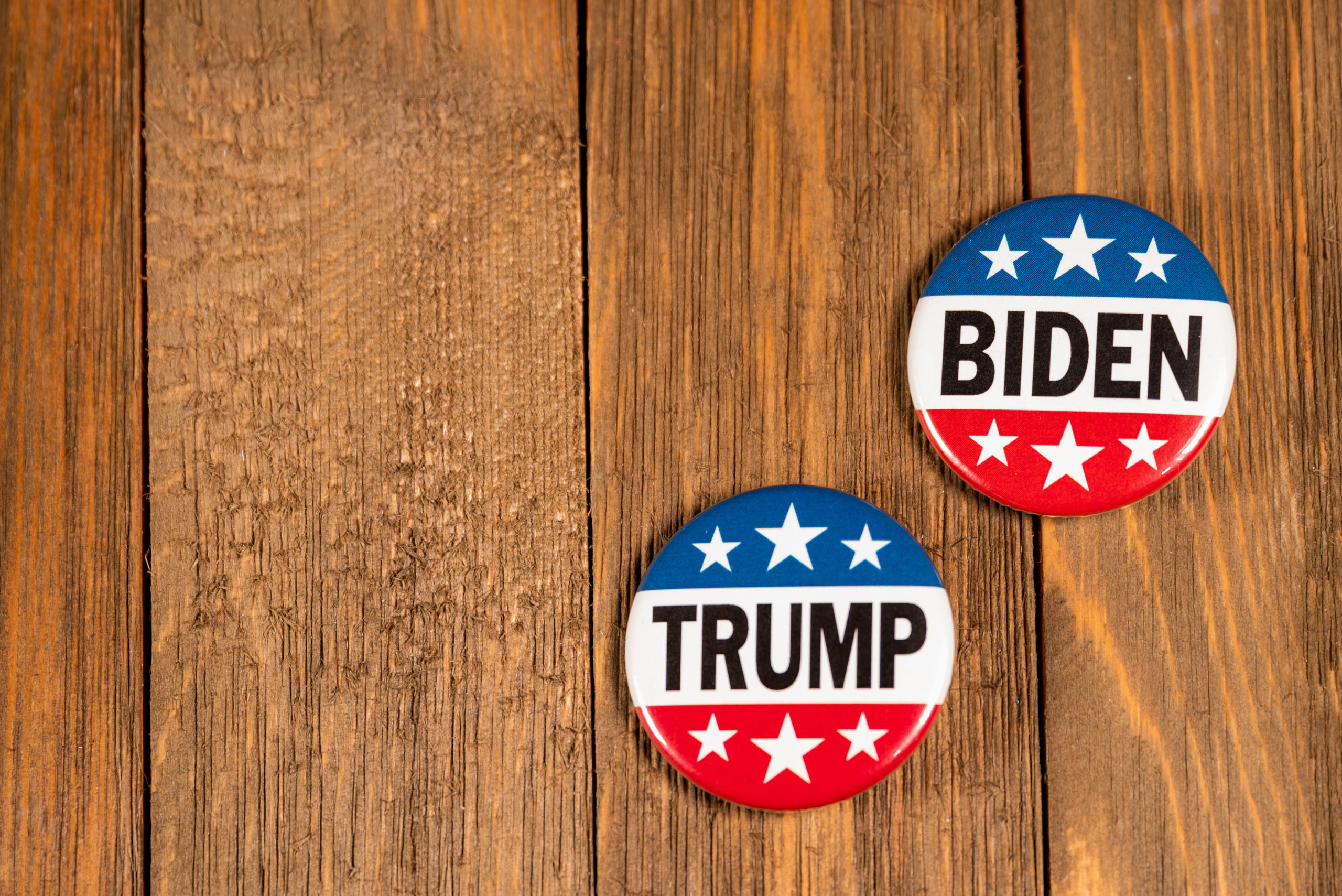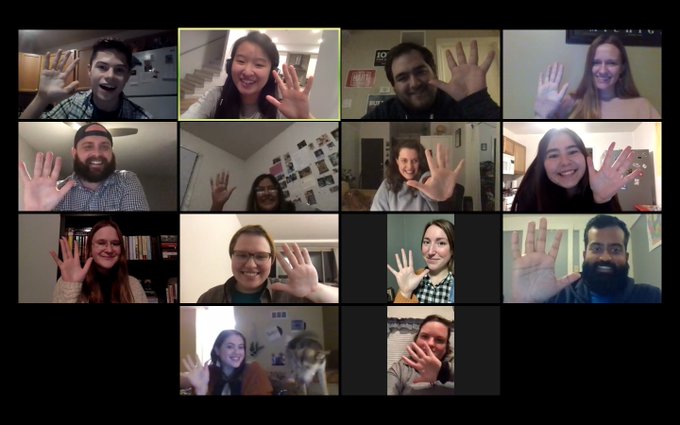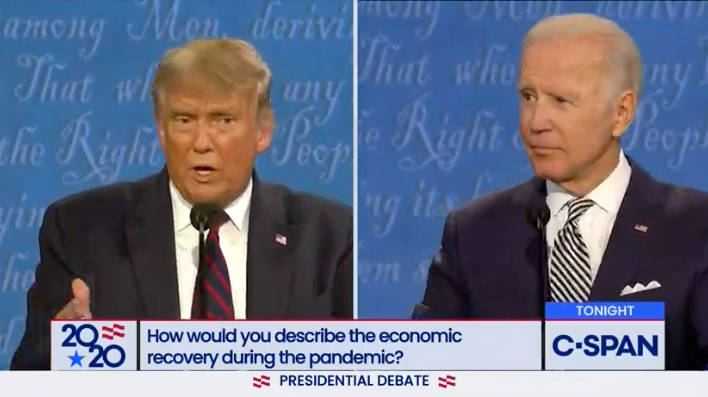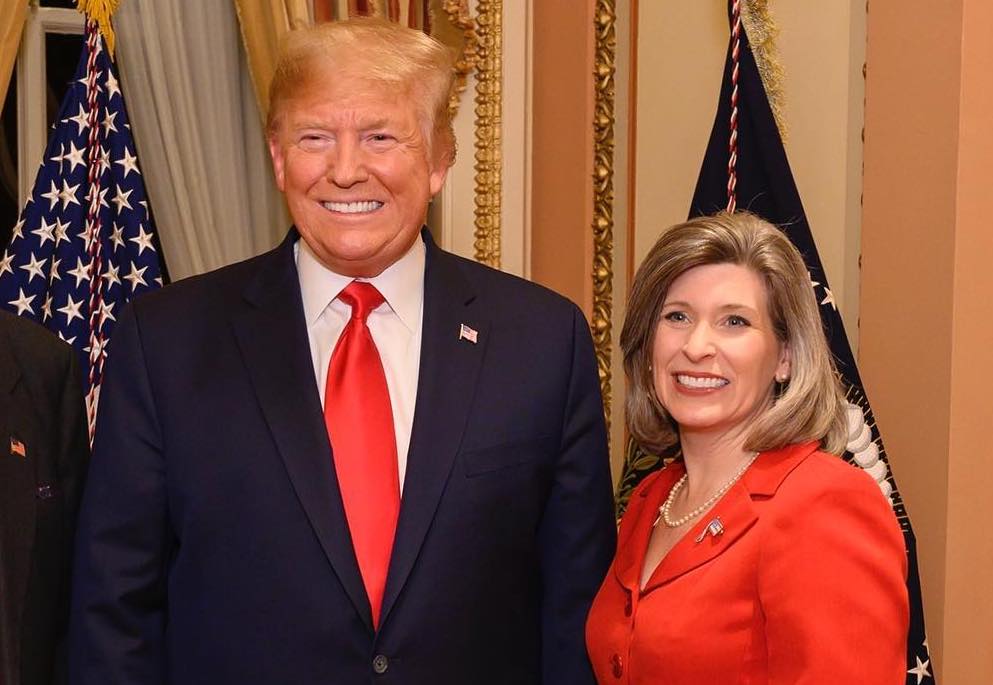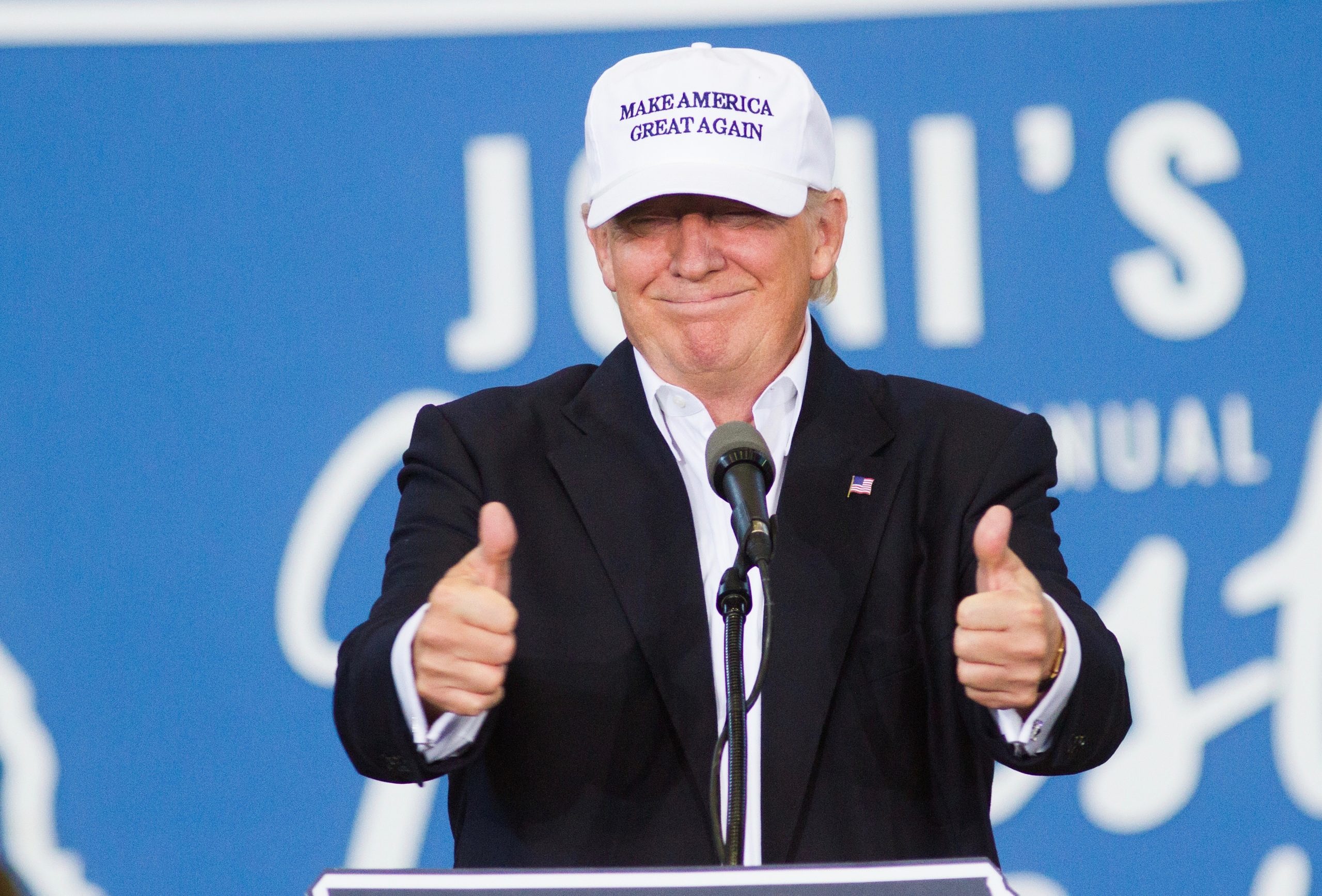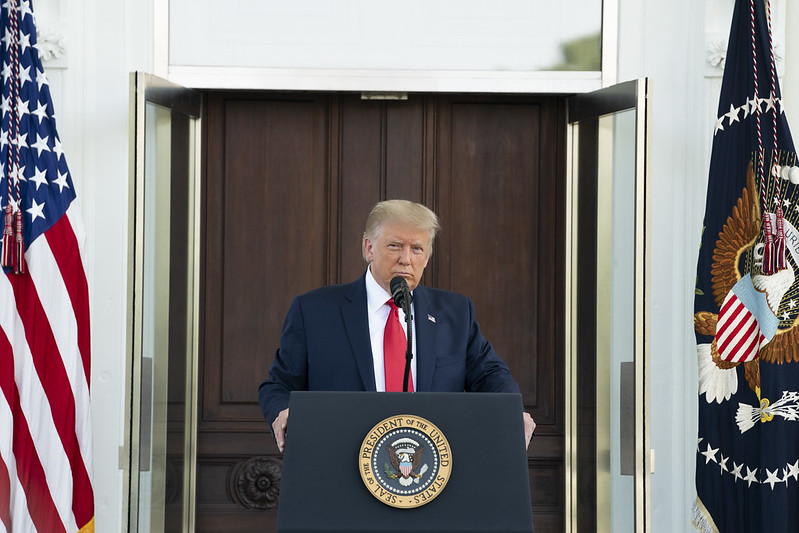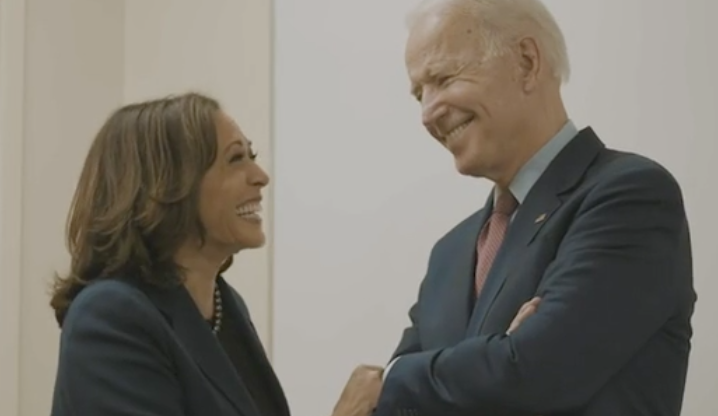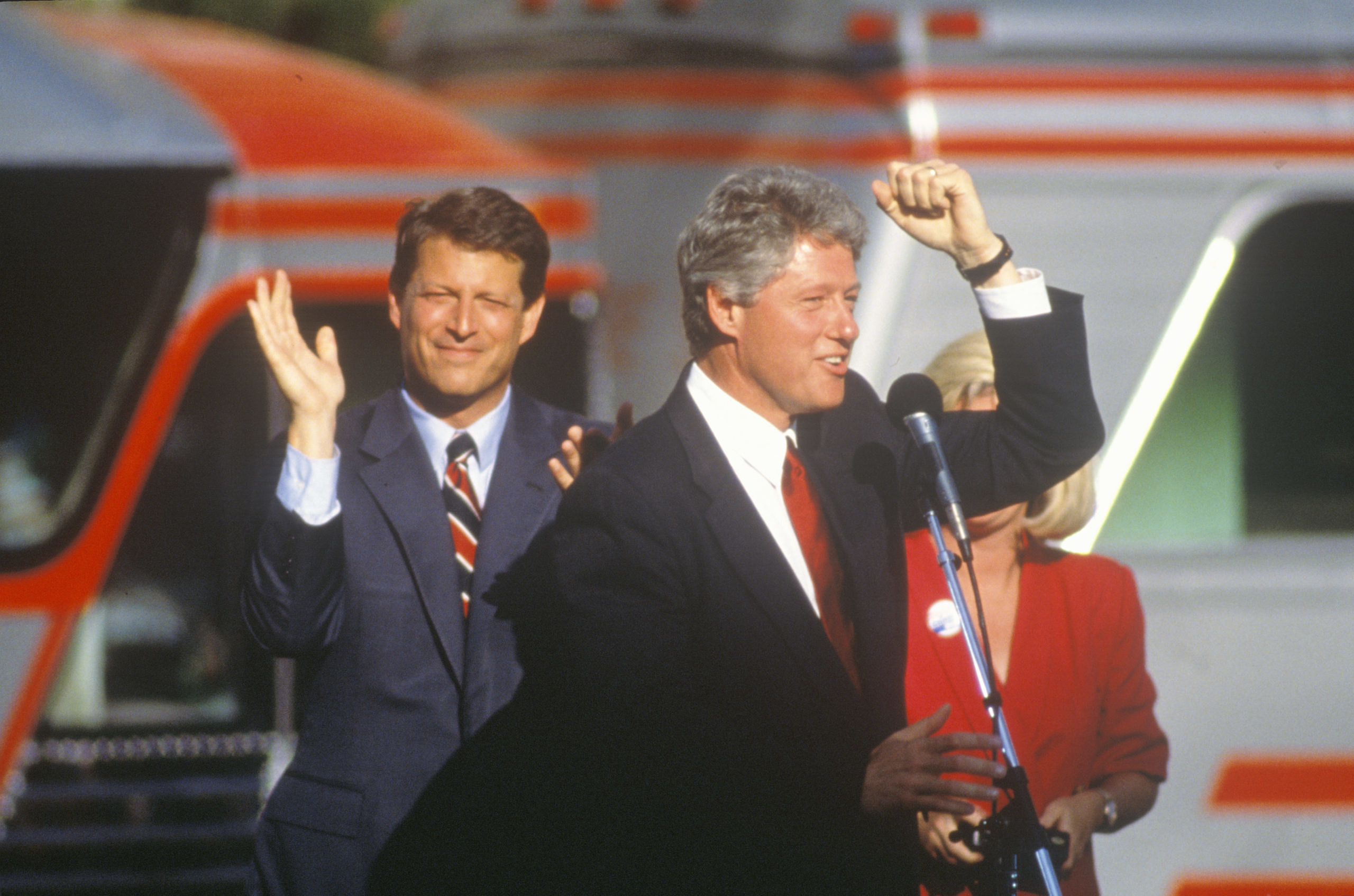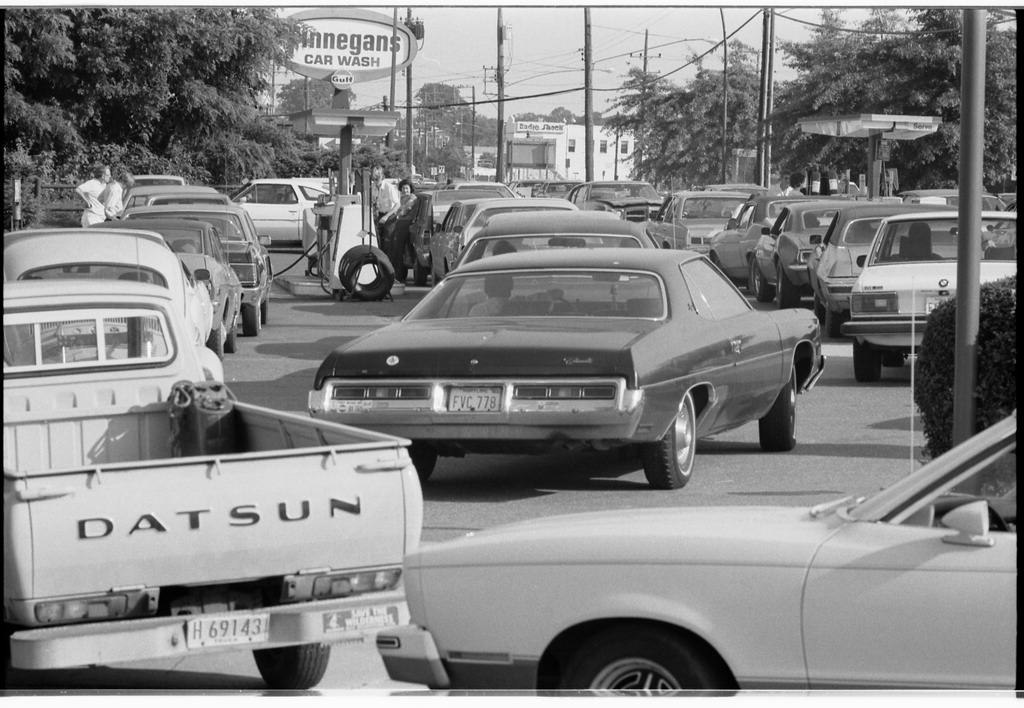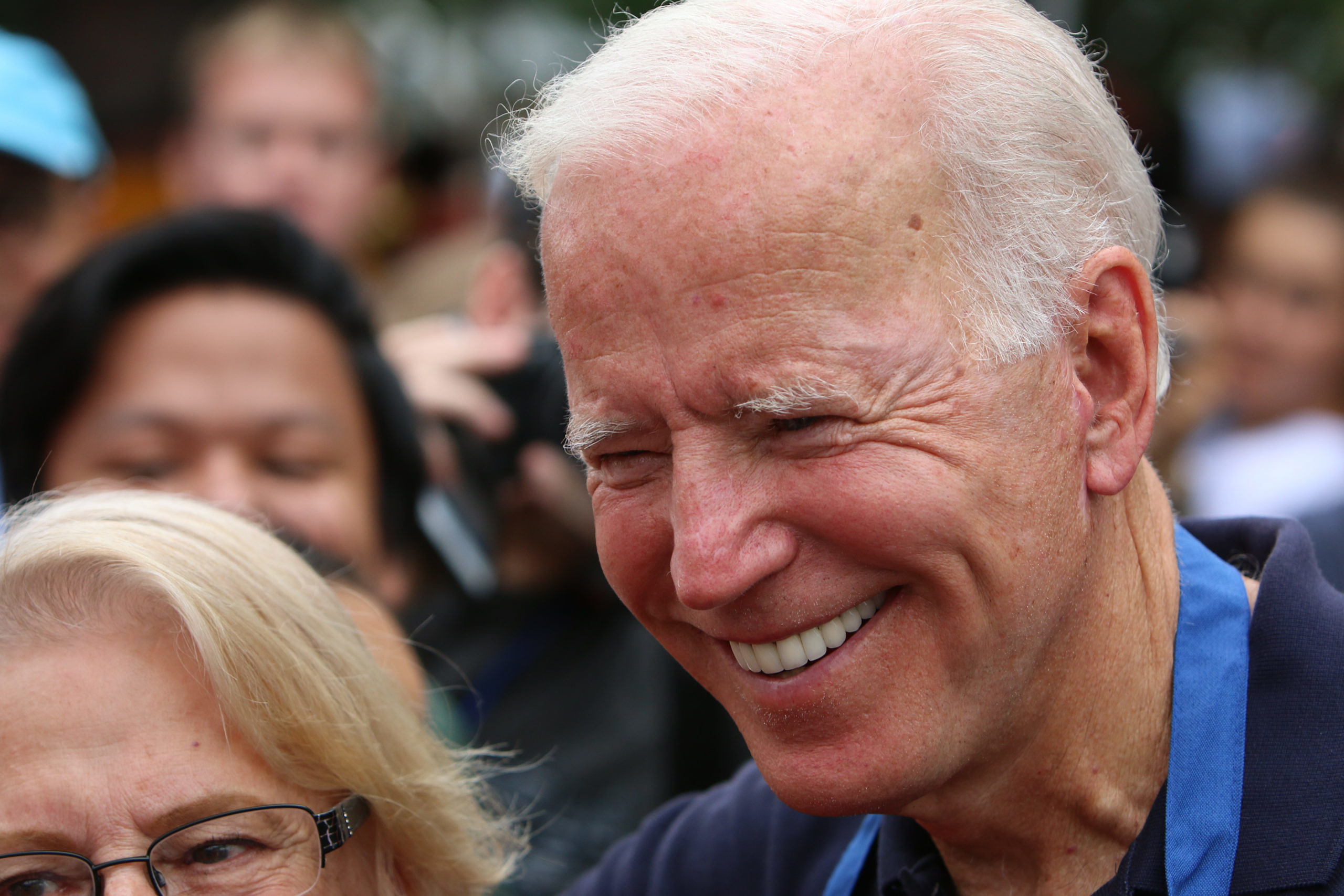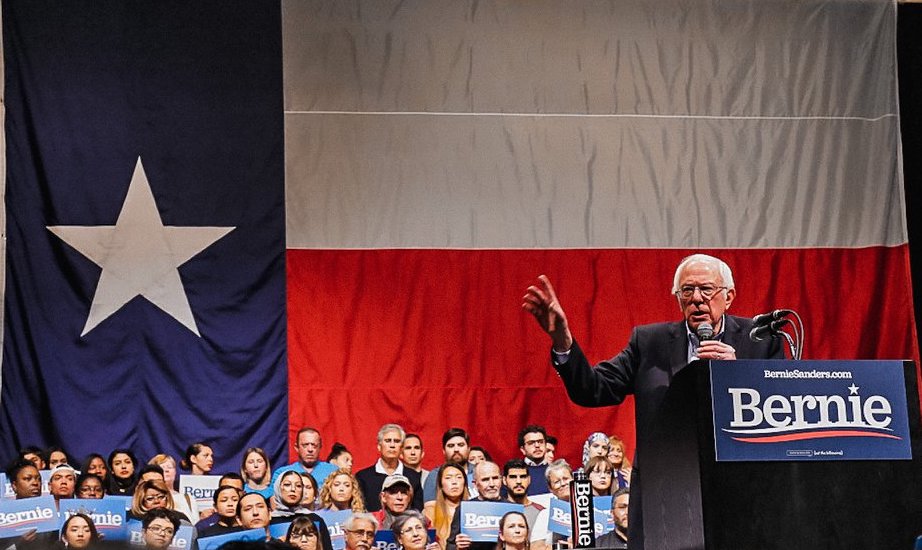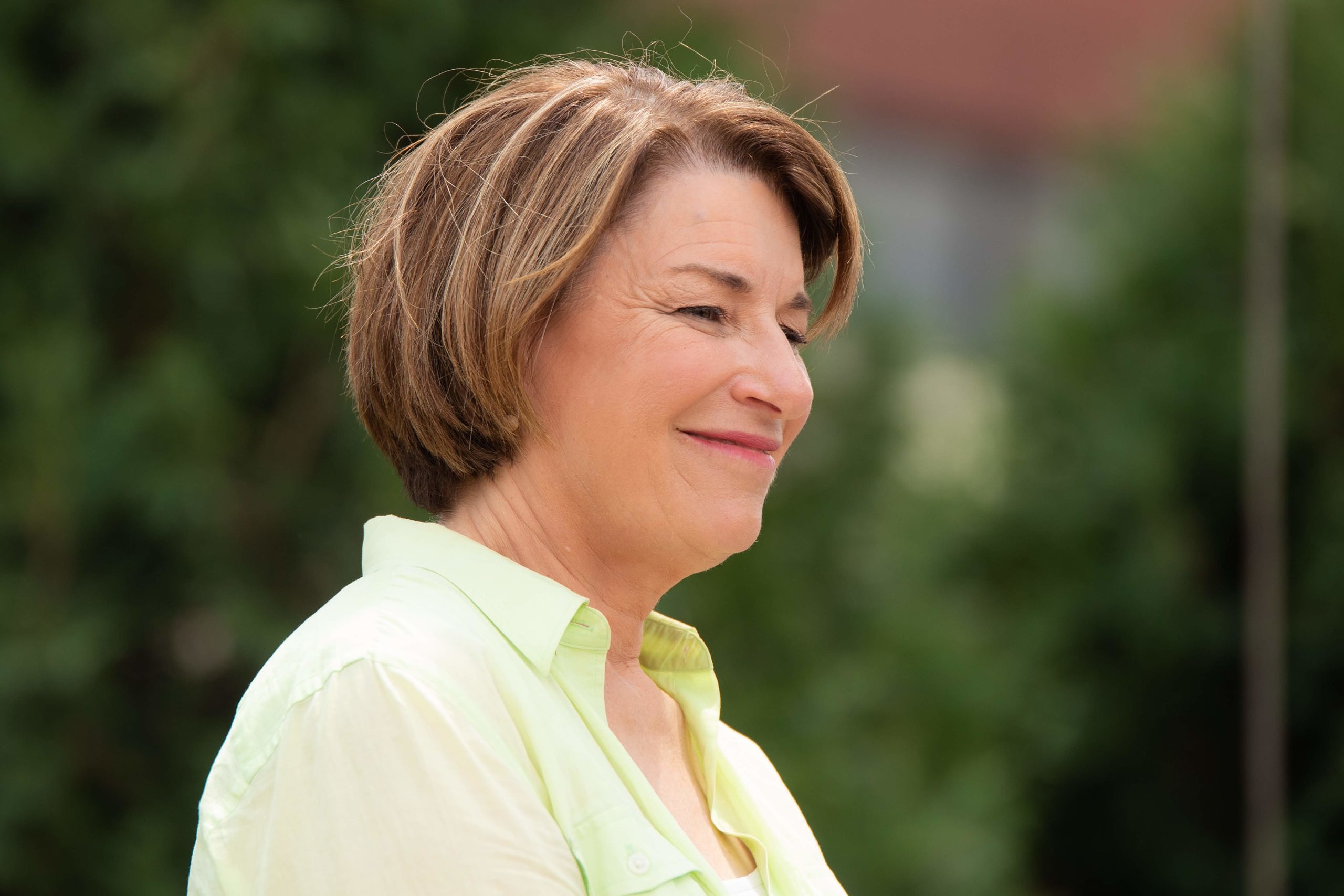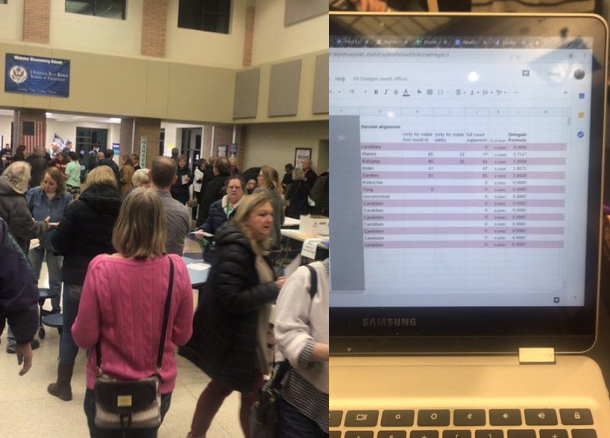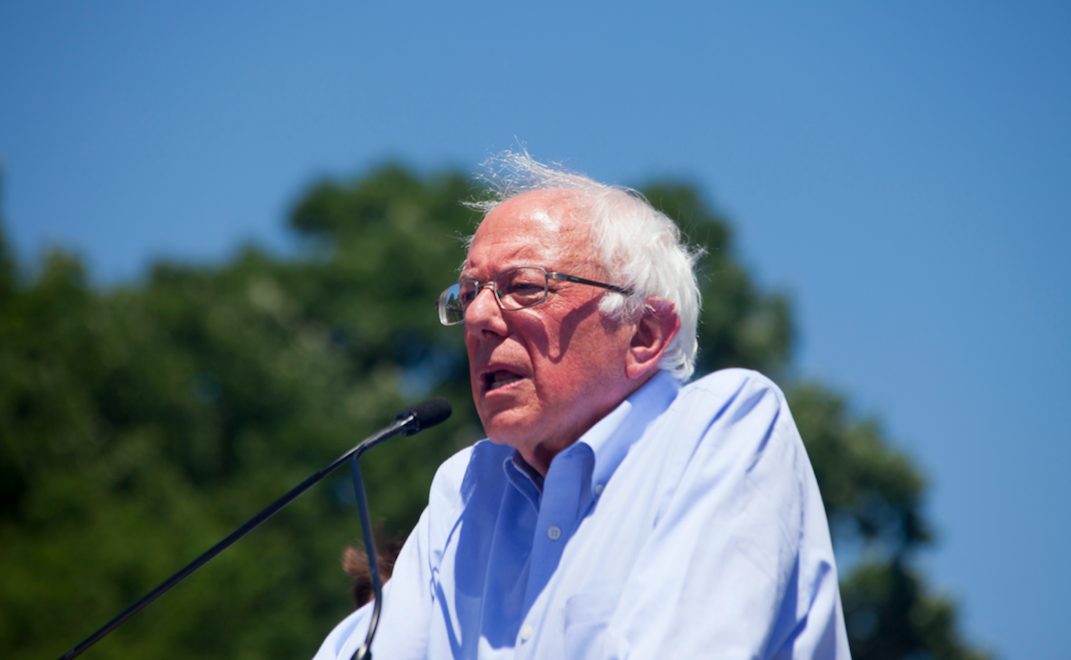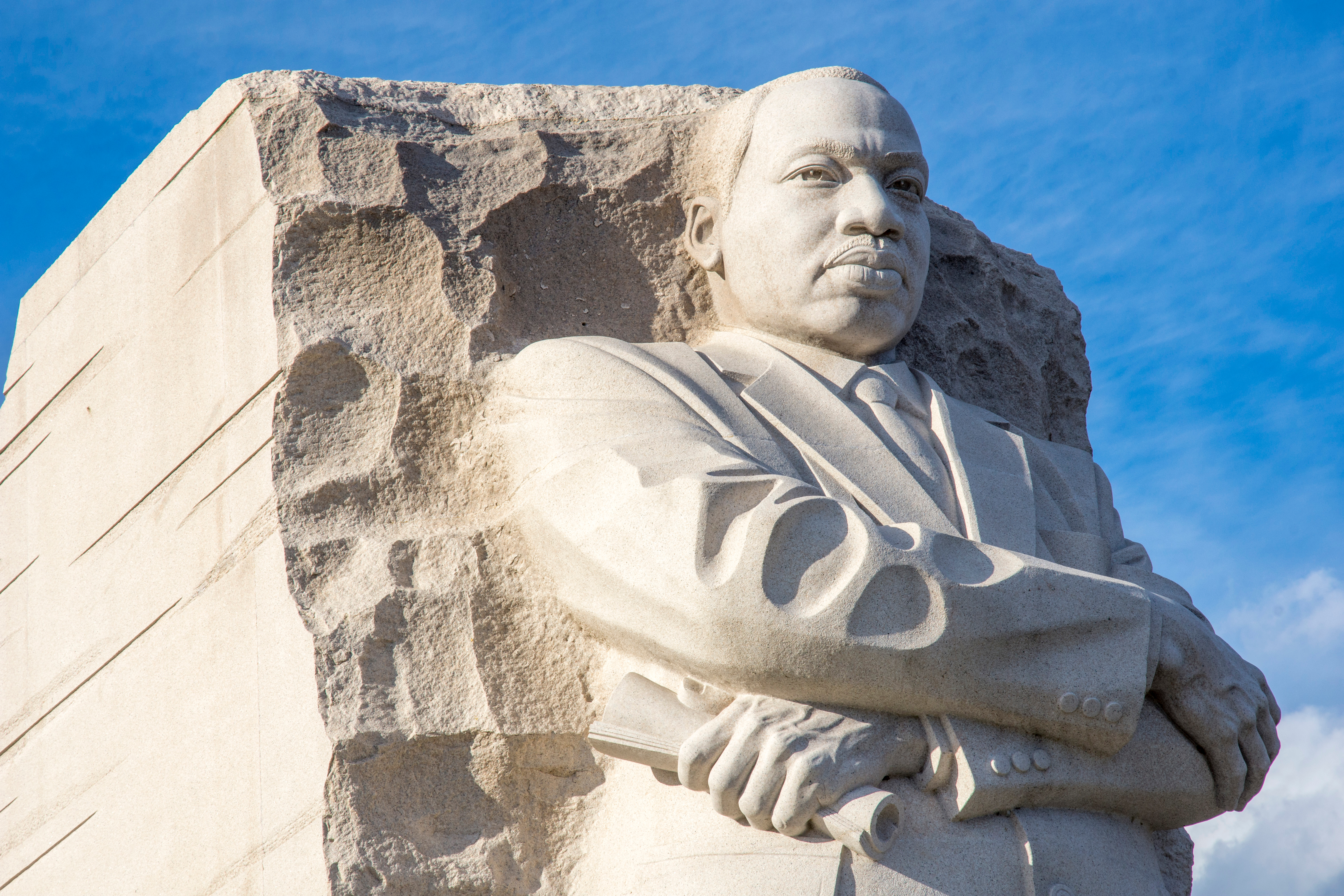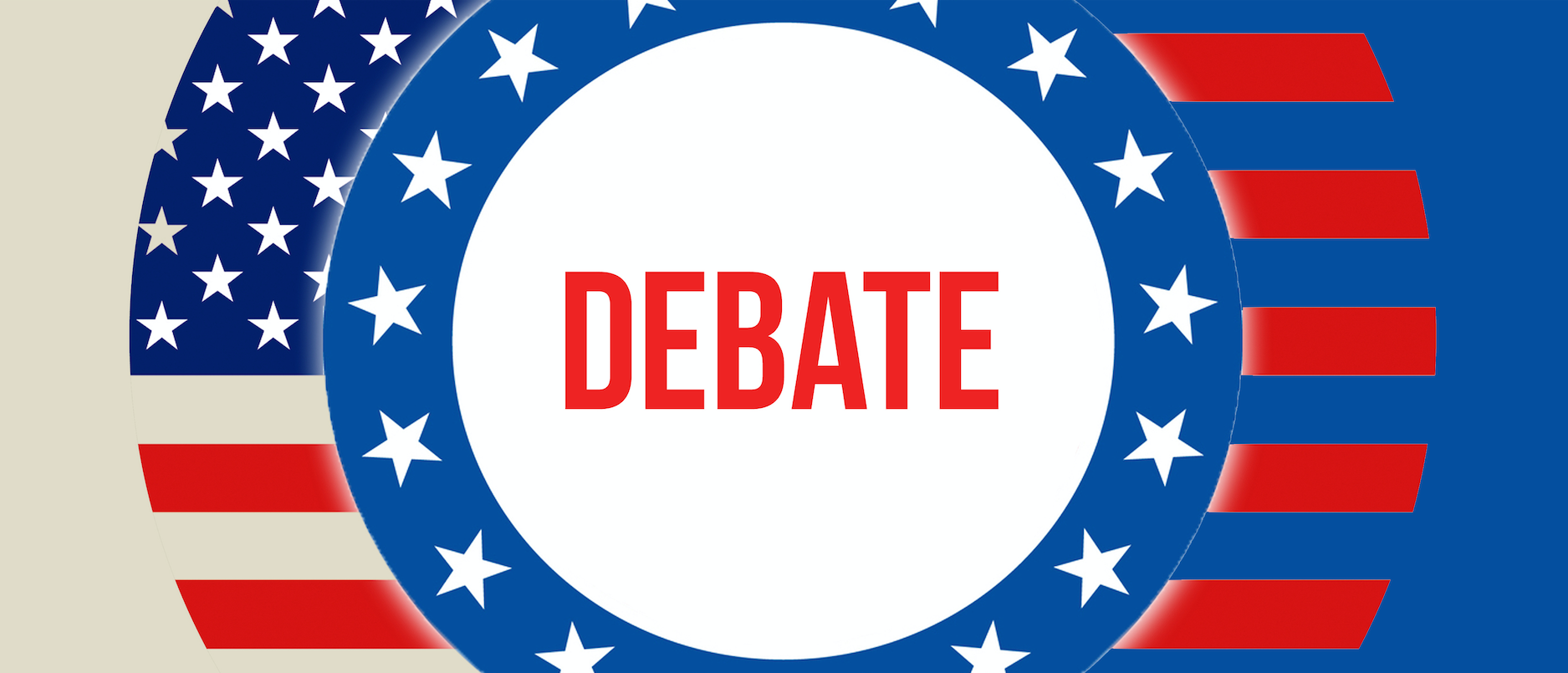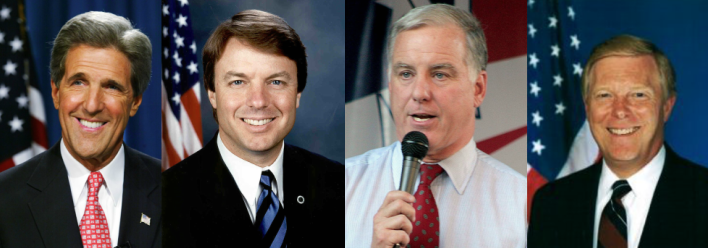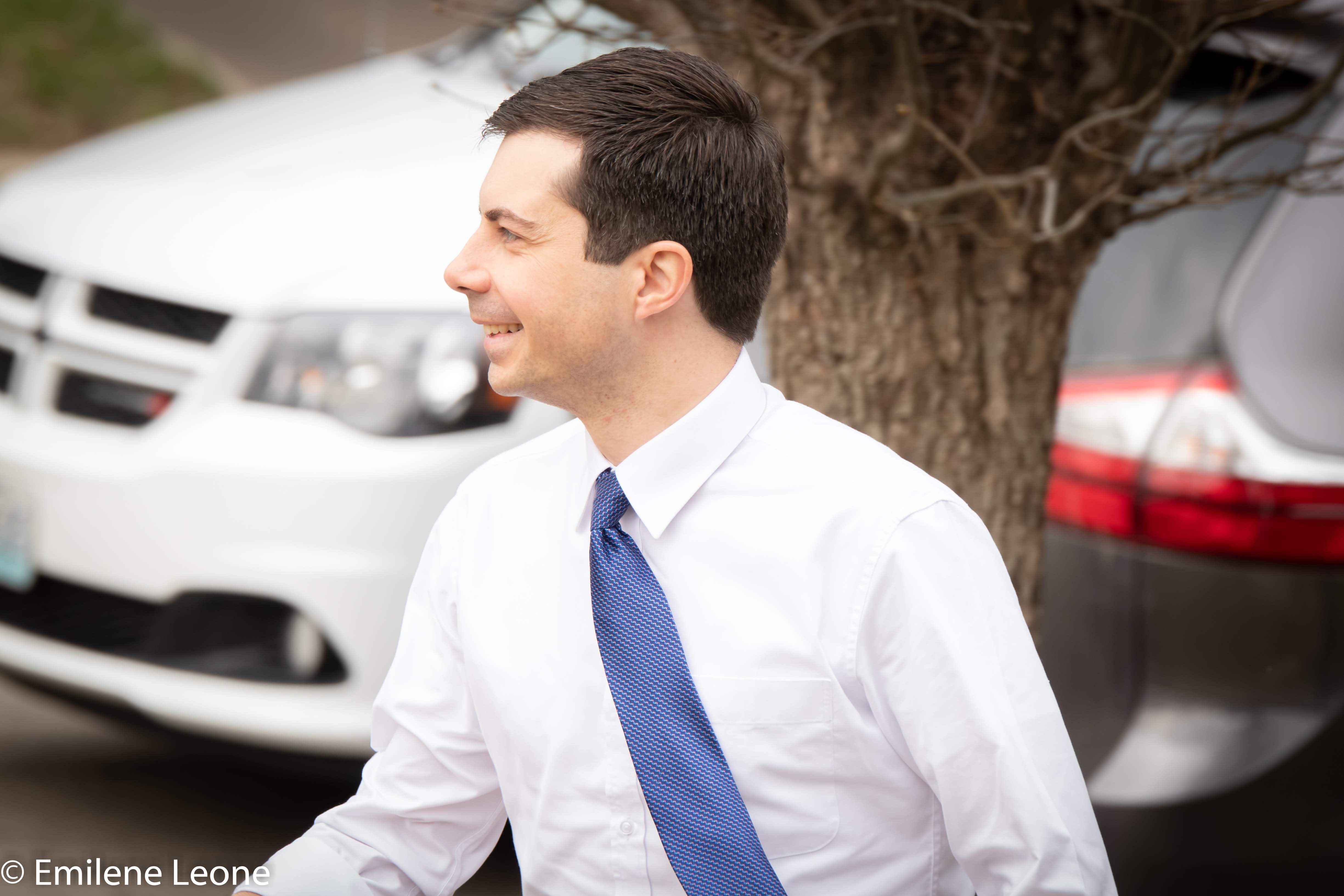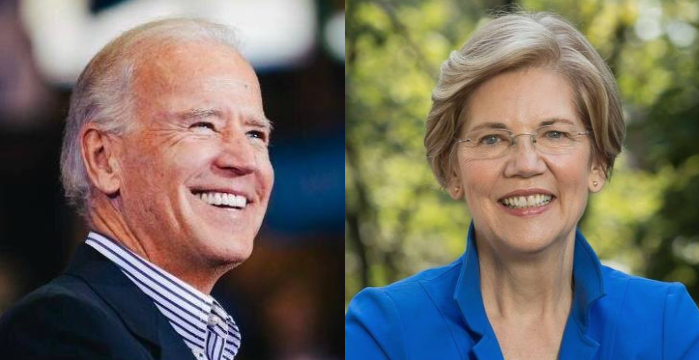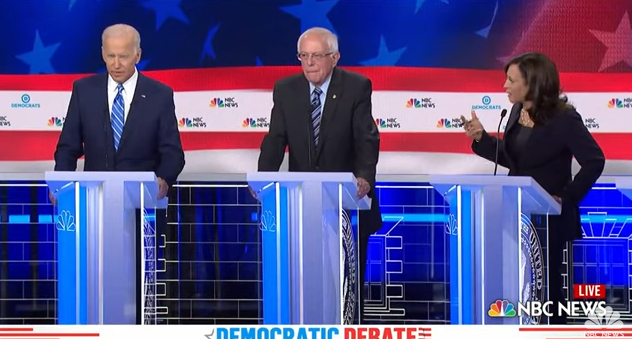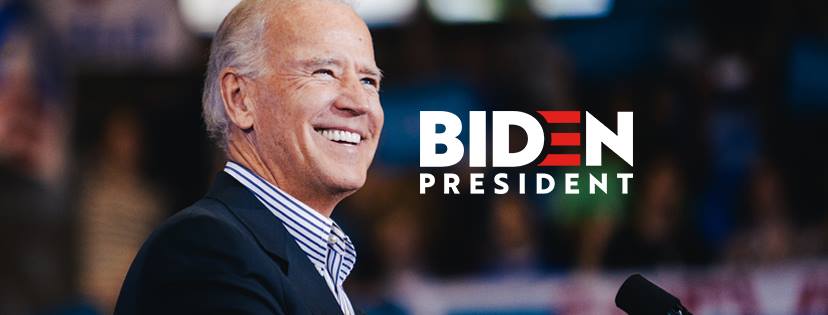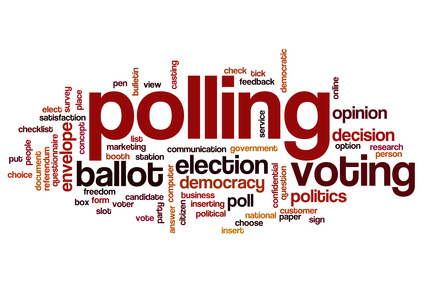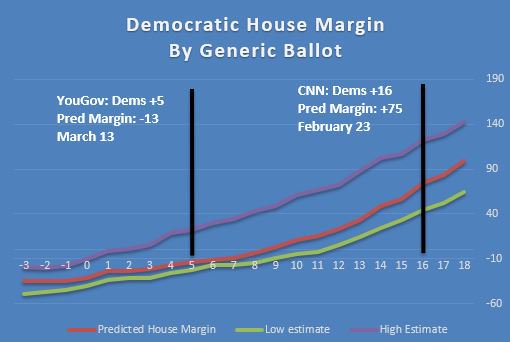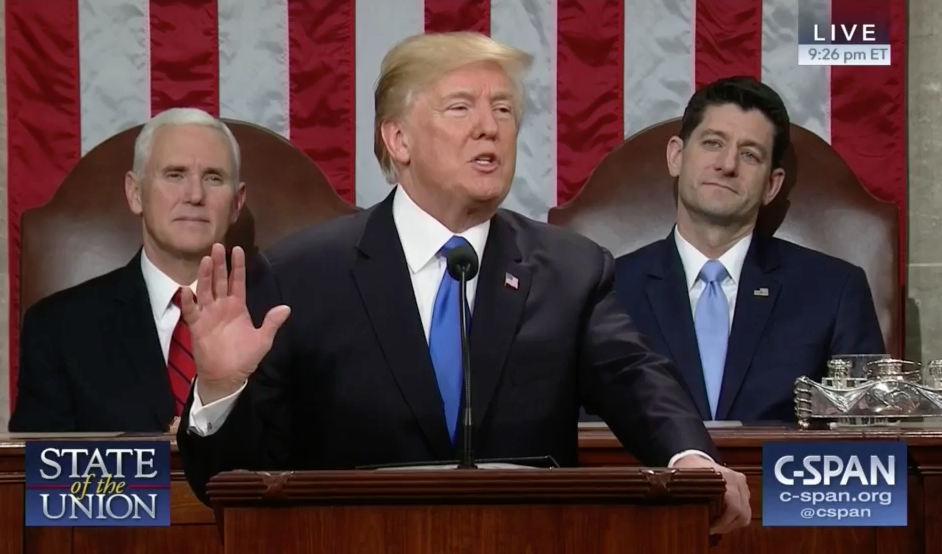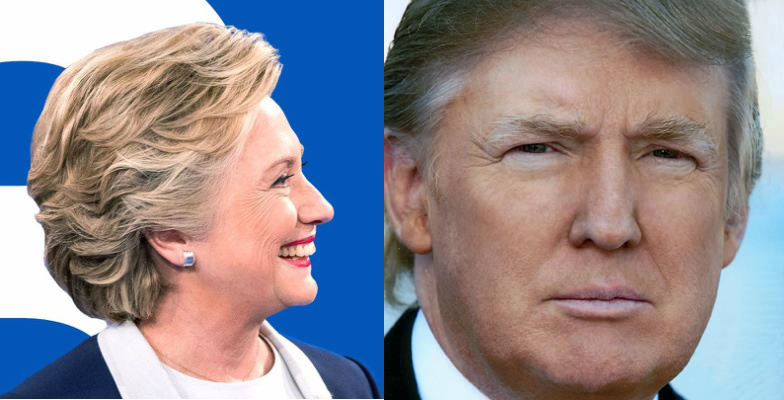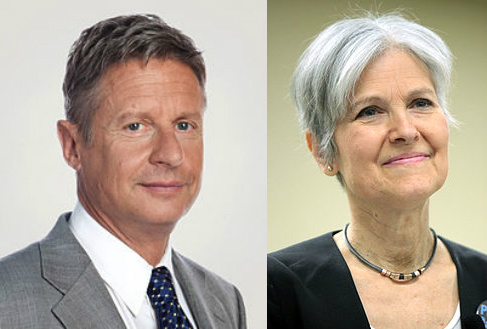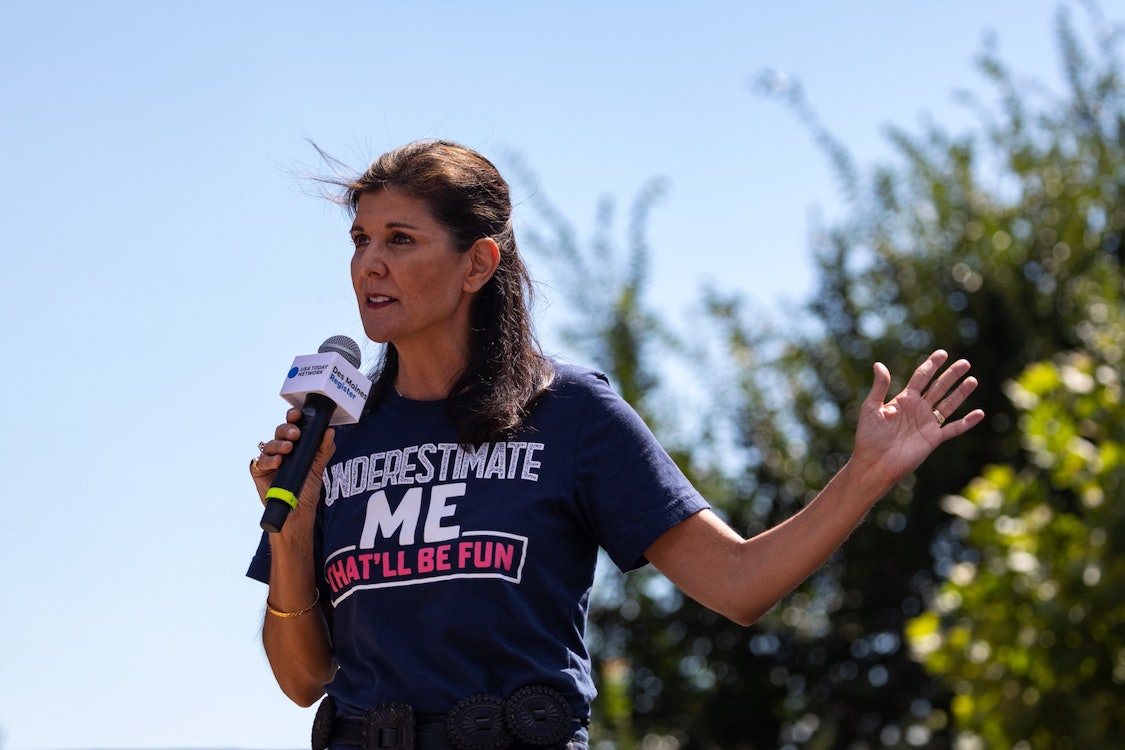
Presidential candidate Nikki Haley speaks at the Des Moines Register Soapbox at the Iowa State Fair on August 12, 2023. Photo by Juli Hansen, available via Shutterstock.
Dan Guild is a lawyer and project manager who lives in New Hampshire. In addition to writing for Bleeding Heartland, he has written for CNN and Sabato’s Crystal Ball, most recently here. He also contributed to the Washington Post’s 2020 primary simulations. Follow him on Twitter @dcg1114.
From an article I wrote for Bleeding Heartland four years ago: “Of all the Alice-through-the-looking-glass parts of the American political system, the one I have been completely unable to explain to foreigners are expectations and the Iowa caucuses.”
It usually goes something like this:
Sane person from another country: “Candidate X won”
Pundit: “Well, not really”
Sane person from another country: “But they got more votes”
Pundit: “But they were expected to win by 10 and they only won by 3, so they lost”
Sane person from another country: “That makes no sense. So who won? The person who came in second?”
Pundit person: “No, they got about what they expected. No, the clear winner is the candidate who finished third. There is no doubt they won.”
This Catch-22 aspect of primaries is absurd. But make no mistake: it matters, a lot.
In 2020 I developed a model to predict the effect of the Iowa caucuses on New Hampshire and national polling. A lot of that discussion focused on what happens when front-runners lose. But Trump will not lose tonight.
This chart shows the history.
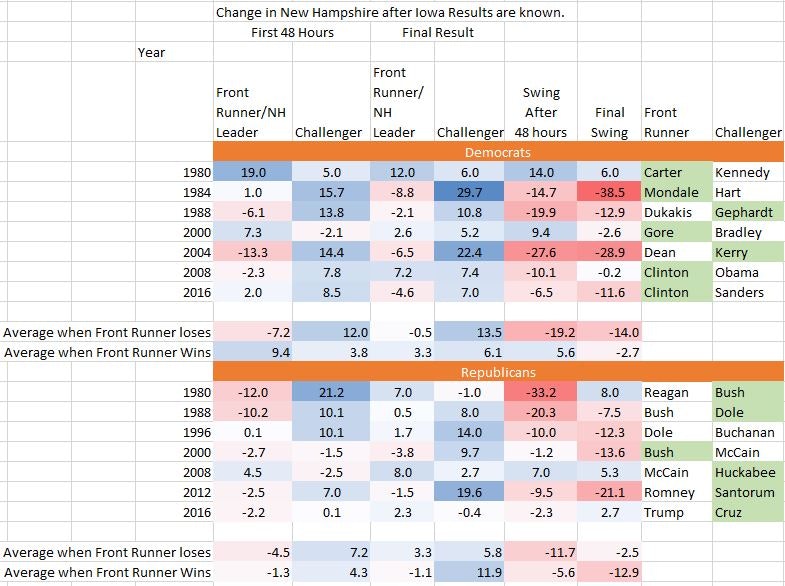
I want to highlight two numbers:
First: when a Republican front-runner wins the Iowa caucuses, on average they get about a 1.3 percent bounce in New Hampshire in the 48 hours after Iowa.
Oddly, the candidate in second place in Iowa gains 4.3 percent in New Hampshire. Perhaps the best example was in 2000, when George W. Bush won the Iowa caucuses with more than 40 percent of the vote, but saw his New Hampshire polling change not at all.
On the other hand, look at the Democratic race in 1984: Walter Mondale won by one of the largest margins in a multi-candidate race in Iowa caucus history. Yet within 48 hours, Gary Hart (who lost Iowa by more than 20 points) had gained 16 points in New Hampshire!
I have updated the model, and you can find it here.
As a what-if, I made a project based on two assumptions:
- Haley finishes second tonight with 24 percent of the vote, and
- Haley goes on to win New Hampshire by 5 points
The model predicts Trump’s national lead would be cut significantly.
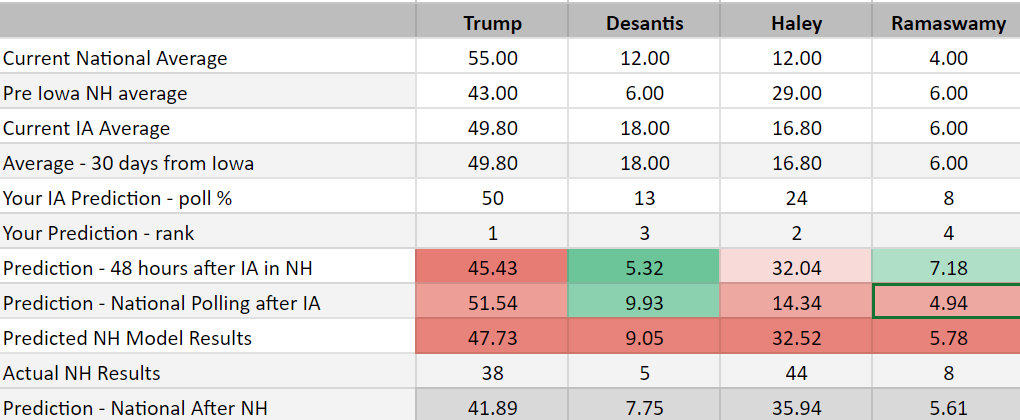
Both of the assumptions are well within the realm of possibility—but very much depend on what transpires in the next six hours.
This post will be updated once the Iowa caucus results are known.
Continue Reading...

